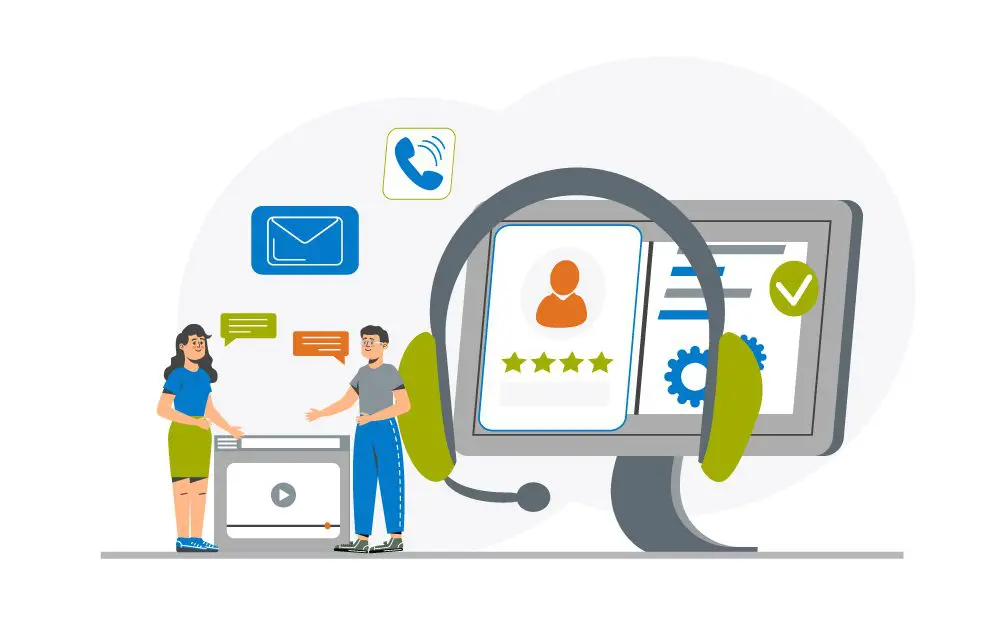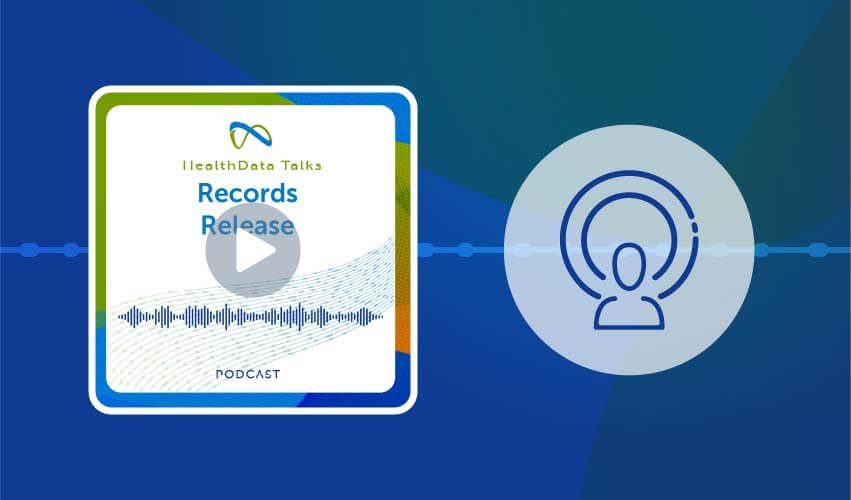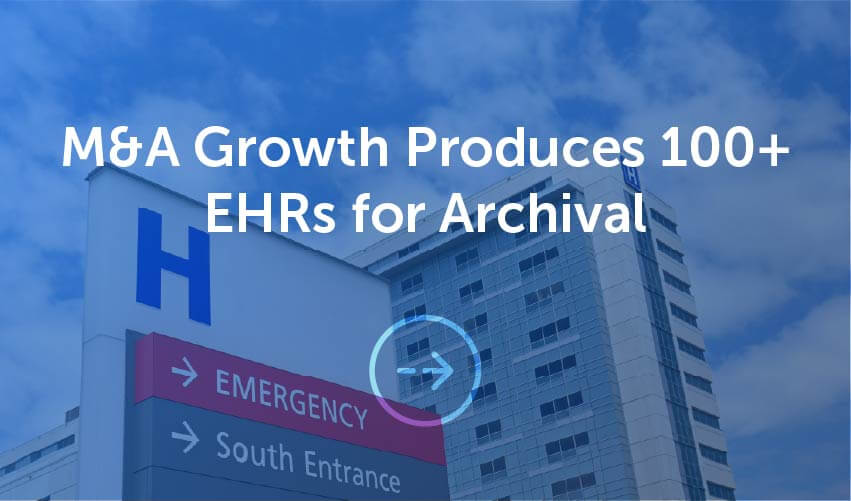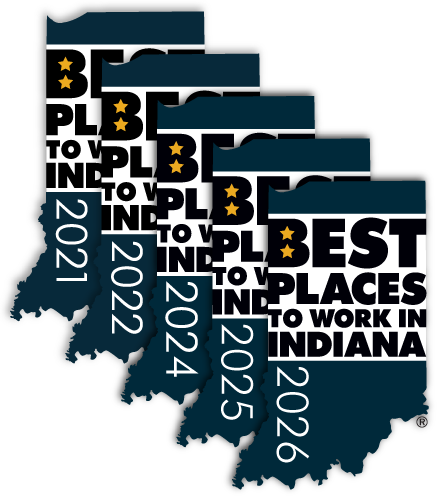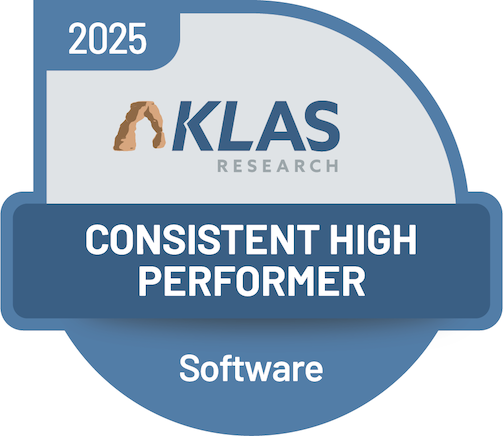Mergers & Acquisitions
Minimizing Redundancies. Maximizing Growth.
Harmony Healthcare IT has decades of experience helping merging and divesting organizations create and execute successful legacy data management plans. Our proven services and products consolidate data to deliver cost savings and usability for long-term success.
Why Choose Harmony Healthcare IT?
700+ Software Brands
We have experience with successfully extracting, migrating, and archiving data.
12 – 24 Months
Timeframe for clients to realize ROI benefits.
500+ Clients
Across the healthcare continuum trust our expertise in data management.
KLAS Rated
Consistently ranked highly in the data archiving category.
Key Advantages of Working with Harmony Healthcare IT
Efficient, Scalable Data Management
M&A activity can lead to technology bloat. Thus, many healthcare organizations look to consolidate their application portfolio. Active archive solutions like HealthData Archiver® support this consolidation and ensure that any historical clinical, financial and business records are secure, accessible, and compliant. As new applications come into the fold, the flexible archive can easily scale to accommodate any data source and size.
M&A Technical Playbook
A programmatic strategy to onboard new locations while minimizing the number of legacy applications is key to the long-term success of an M&A program. With robust data extraction and conversion services, plus an active archive that consolidates data from all legacy EHRs and other business applications, Harmony Healthcare IT can help streamline your IT portfolio, reduce organizational complexity, and keep budgets under control. Our full spectrum service and product offering addresses technology needs at every stage.
EHR Sharing Programs
Our active archive, HealthData Archiver®, is easily integrated with go-forward EHRs like Epic, Oracle Health, MEDITECH, and other through integrations like Single Sign-On (SSO). Harmony Healthcare IT may provide a tailored pricing schema for data migration and retention for those EHRs with community interoperability offerings (i.e., Epic Community Connect or Oracle Health CommunityWorks). This allows for a predictable onboarding process as community hospitals, ambulatory clinics, or other entities connect to an enterpirse EHR network.
The Business Case for a Legacy Data Archive
Cost reduction as a significant factor in legacy management. Migrating legacy data from disparate systems to an active archive like HealthData Archiver® reduces costs across the board, eliminating legacy system licensing, maintenance, support, and internal IT labor burden.
Our award-winning platform ensures that legacy records are secure, searchable, manageable, and HIPAA-compliant, benefiting both compliance and operations. Organizations typically see a return on investment within 12–24 months.
The Right Partner
Growing healthcare organizations turn to Harmony Healthcare IT to develop and implement legacy data management strategies during acquisitions and mergers. These strategies often include data extraction, migration/conversion, consolidation for short- and long-term value.
Data Archiving: Key to M&A Success
The challenges of managing data during a merger multiply almost faster than the data itself. Regardless of the M&A size or scope, having a solid legacy data management strategy in place is critical as the application portfolio expands.
Archiving for the M&A Team: Three Major Benefits
Learn about components that get the attention of CFOs, CMIOs, HIMs, and more.
Key Resources
Looking for additional tips and tools? We’ve got a whitepaper, a webinar, and more.
Key Offerings
